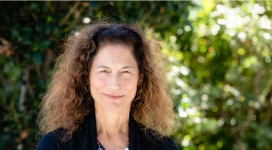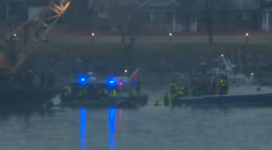The death toll for June’s violent clash between Christian and Muslim gangs in the northeast Nigeria has been revised from 37 to 132, a government spokesman said on Monday.
After a six-hour clash over the rebuilding of a minaret in the riverside town of Numan, police had only confirmed nine deaths, while authorities in the northeastern Nigerian state of Adamawa said scores were killed.
The clash was the latest episode of ethno-religious violence that escalated this year in Africa’s most populous country. Officials said it was difficult to give the exact toll of the fighting because several bodies were dumped in the river. The Red Cross had reported that 37 people were killed in, however now according to the spokesman, “The committee that investigated the clashes submitted its report on Thursday, saying 132 people died in the violence.”
More than 11,000 people have died in religious, communal and political violence in Nigeria since 15 years of military rule ended in 1999. According to the most recent reports, thousands of people are still displaced from their homes and in dire need of shelter after a spate of attacks on Christians in Kano, the largest city in northern Nigeria.
Bishop Foster Ekeleme, the Kano state chairman of the Christian Association of Nigeria, an umbrella body for churches in the country, said last month, "We have tried to ensure that our people do not suffer too much. Thousands of our members are displaced and we are still compiling the list of those killed, who are in their thousands also."
Nearly 30,000 people reportedly fled from their homes after Muslim rioters attacked Kano's Christian minority on May 11 and 12, killing at least 30 people. Sources say the attacks were provoked by a Christian massacre of Muslims in Yelwa, a small town in Plateau State 220 miles to the south, a few days earlier.
Since then 2,000 displaced people have been living on an open football pitch at an abandoned police training school, according to the UN Integrated Regional Information Networks.
A large but undetermined number of displaced people in Kano still remain at the military and police barracks, where they sought refuge.





![Saving Gen Z’s Faith: Steve Richardson’s Bold Call to a New Generation of Missionaries [Exclusive Interview]](https://www.gospelherald.com/media/cache/thumbnail/7/21/72196sp_273w_150h_1x_1y.jpg)

